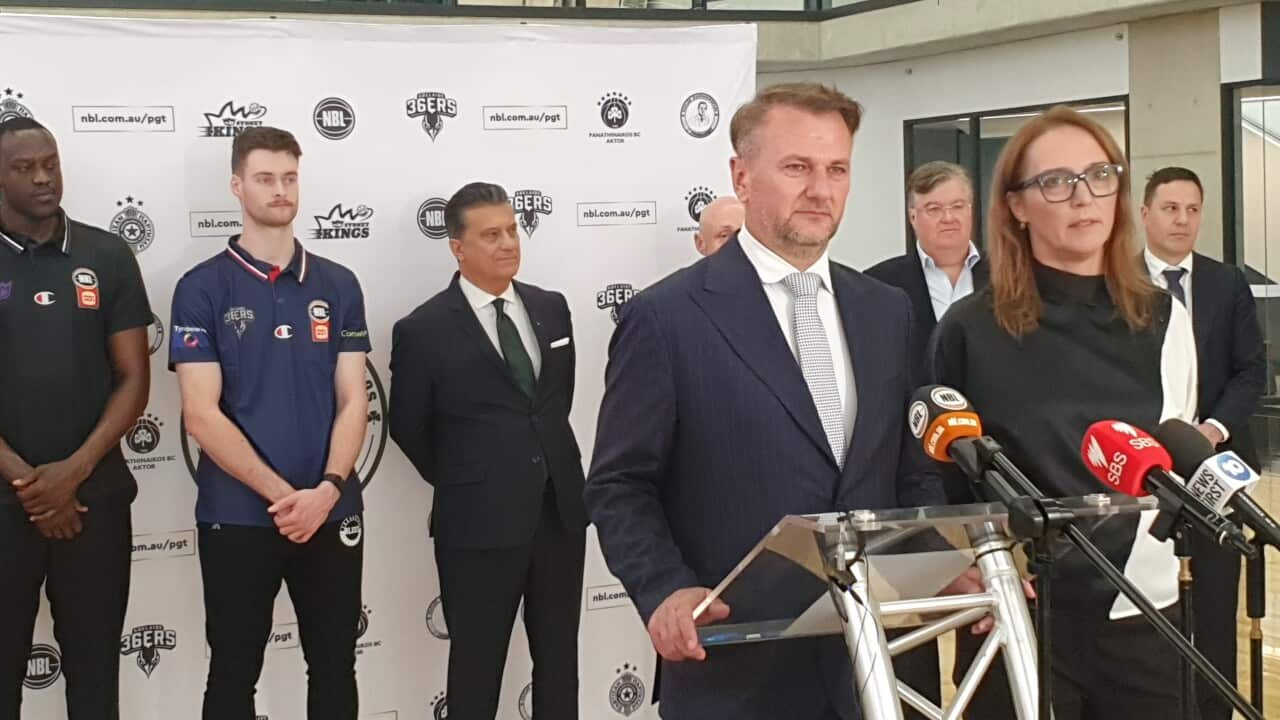Vitamin B17 or Amygdalin is a poisonous cyanogenic glycoside found in many plants, but most notably in the seeds (kernels) of apricot, bitter almonds, apple, peach, and plum.
Since the early 1950s, both amygdalin and a modified form named laetrile have been promoted as alternative cancer treatments. But studies have found them to be clinically ineffective in the treatment of cancer, as well as potentially toxic or lethal when taken by mouth, due to cyanide poisoning. Neither amygdalin nor laetrile is a vitamin.
The promotion of laetrile to treat cancer has been described in the medical literature as a canonical example of quackery, and as "the slickest, most sophisticated, and certainly the most remunerative cancer quack promotion in medical history.




